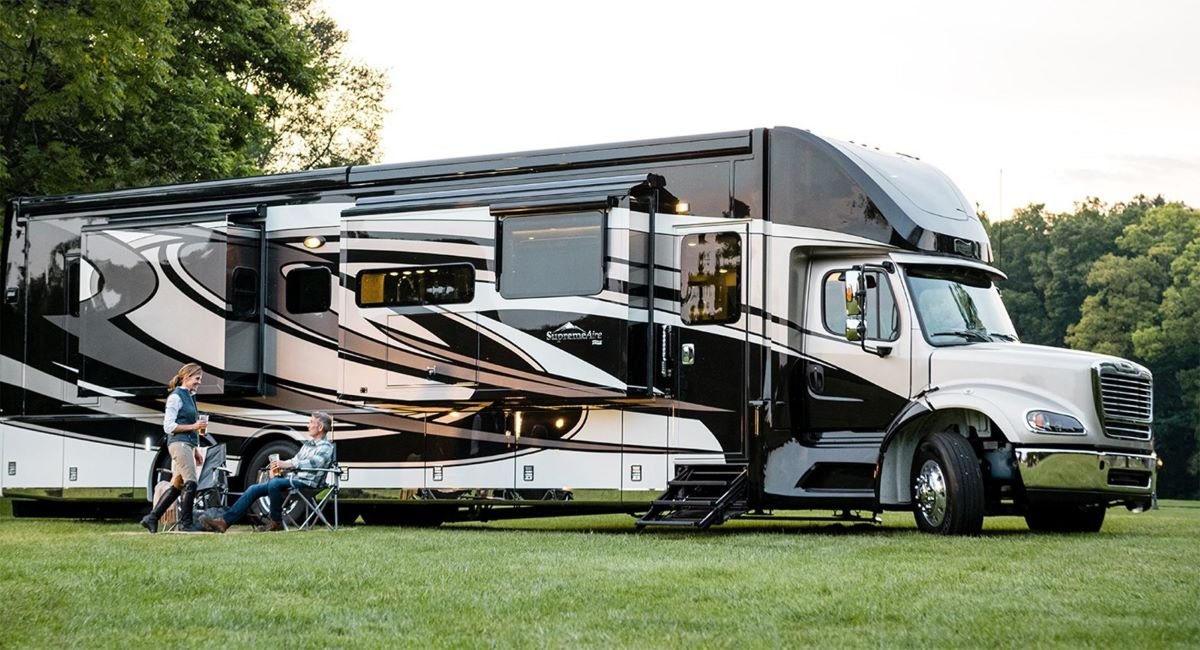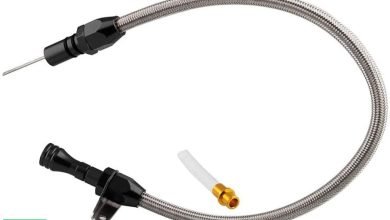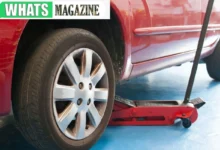A lot of people are just now getting into the wonders of RV ownership. The world opens up to you when you have your own camper – you can basically go wherever, whenever, and enjoy yourself in the middle of the woods if you wish to. However, when you own a campervan or any other vehicle for that matter, you should take care of it so you could stay safe on the road and considerably prolong its lifespan. Being a rookie to the RV lifestyle can make your vehicle’s upkeep look more complicated than it actually is. Here’s a complete guide on the annual maintenance check your campervan requires.
In this article
Battery health is key
Even if you don’t take your RV out of the garage often, the batteries in the vehicle can still be drained even when not in motion, up to 10%. Being aware of your battery levels and charging it if necessary should be the first thing on your to-do list when doing your RV’s maintenance check. Consult your user handbook when checking the battery’s water levels due to them often being model specific. When handling the battery, exercise extreme caution because it might inflict significant damage if you’re not focused enough. If you’re not sure you can do the maintenance on your own, take your RV to a professional.
Check the tires
If you own a car or any other motor vehicle, you should be comfortable with the task of maintaining your RV’s tires. Upkeeping healthy tires are pretty much the same process regardless of the vehicle’s type. First, it’s highly important to check the tire pressure monitor Manual and your tires should reach and try to hit the exact value as closely as possible. While you’re inspecting the tires, it’s also a good idea to double-check the lug nuts on the wheels. This seemingly small part of the vehicle is crucial for road safety. When the lug nuts are loose and your RV is on the road, your wheel may fall off risking horrible road accidents, damage, and injury.
Maintain your appliances
Keeping your RV’s appliances in top form is crucial if you want to enjoy your camper to the max. In many RVs, you’ll find gas tanks that are used to provide power to kitchen appliances and water heaters. These tanks also usually have the function of maintaining a comfortable living temperature inside your camper. It is, however, highly advised to ditch the gas option and install a 5kw diesel heater since they’re a safer and more dependable solution. Updating your heating system is key if you’re planning on hitting the road in the winter. You should also make sure that other appliances such as the fridge and microwave are in good working order.
Engine health is crucial
Your RV’s engine is its beating heart; if it doesn’t work correctly, you won’t be able to drive your camper to all of the lovely locations. The first item on your checklist should be to ensure the quality and levels of engine fluid. Stale fluid can be detrimental to your engine which is why you should change the oils should be changed once a year. Not all campers require the same oil, therefore double-check the user’s handbook to be certain you’re using the proper one. Having fresh oil is not the only requirement for ultimate engine health, its levels are just as important so while your hood is open check that too. While you’re elbow-deep in your camper, check the freshness of brake fluid, generator oil, windshield washer fluid, and transmission fluid as well.
Brakes can’t be overlooked
Functional brakes are crucial for a safe journey which is why it’s of utmost importance to have them checked when you do your camper’s maintenance. Faulty brakes can put your entire party as well as other people on the road in grave danger. For your brakes to work properly, well-greased wheel bearings are key. If you notice that your RV’s brakes appear to be nearing the end of their lifespan or if they can’t be activated for one reason or another, have them changed right away. The replacement will set you back around 300 to 500 dollars and it includes changing the wheel bearings as well as the seals.









